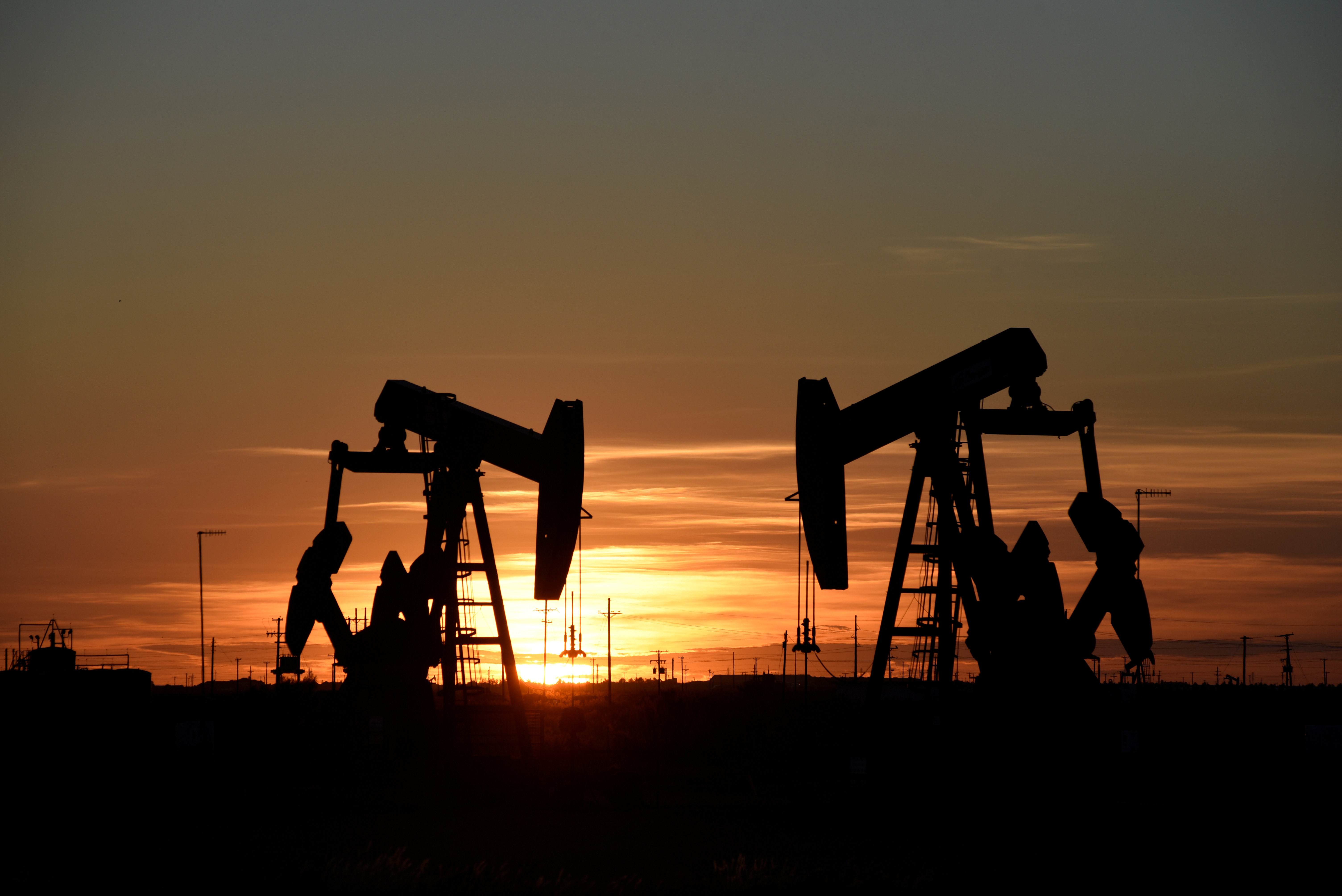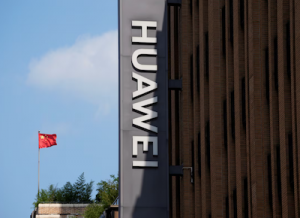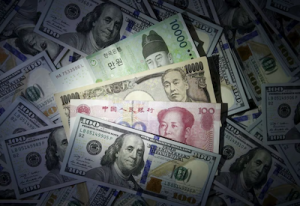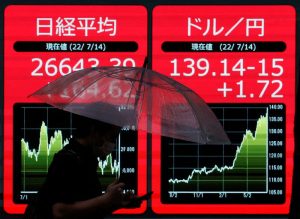(ATF) Hong Kong: Inflation fears continued to haunt investors as investors looked past the US stimulus and upbeat data from the world’s largest economy and braced for higher interest rates.
Oil markets were rocked after the world’s largest crude terminal in Saudi Arabia was attacked on Sunday by a drone from the sea. The resulting rise in prices added to inflation worries in a jittery market.
West Texas Intermediate crude advanced 0.2% to $66.23 off a high of $67.98 a barrel, its highest since October 2018 and benchmark Brent climbed as high as $71.38 a barrel the highest since Jan. 8, 2020.
“Rising oil prices are only adding to inflationary pressures,” said Fawad Razaqzada, Market Analyst at TF Global Markets.
“Fed officials are now in the blackout period ahead of the FOMC meeting next week. A stronger print could cause massive volatility as yields could soar, given that there aren’t any Fed speakers to help calm the nerves until next week,” he added, referring to Wednesday’s US CPI data release.
US Treasuries sold off with the 10-year yield rising 3 basis points to 1.60% and the dollar extended gains with the currency rising 0.3% to 92 versus a basket of currencies. The moves hurt prices of gold, which eased 0.5% to $1,693 per ounce.
“The increase in yields over the past couple of weeks has been driven by a rise in real yields. This poses an entirely different challenge for the Fed,” said Neil Shearing, Group Chief Economist at Capital Economics.
“If bond yields continue to rise, not only will the policy response differ between countries, but so will the extent of the economic pain.”
Japan’s Nikkei 225 index slid 0.42%, Hong Kong’s Hang Seng index tumbled 1.92% and China’s CSI300 dived 3.47% but Australia’s S&P ASX 200 rose 0.43% after commodity price trends boosted stocks of materials and mining stocks. Regionally, the MSCI Asia Pacific index retreated 1.77%.
Chinese markets underperformed amid concern that tighter money market liquidity, moderating private credit growth and reduced government bond issuance could be a harbinger of policy tightening in the world’s second-largest economy.
“Rising inflation will very likely push up lending rates to an extent and increase pressure on the PBoC, but we believe Beijing will make good on its pledge to make ‘no sharp shift’ in its policy stance,” said Ting Lu, Nomura Chief China Economist.
“We expect neither hikes nor cuts to either policy rates or the reserve requirement ratio in 2021.”
Also on Asia Times Financial
- VW expects EVs to account for half of China sales by 2030
- Finance and govt turn to blockchain solutions in Singapore
- US policies put Chinese drone maker’s operations in a spin
- Rise in home prices a further test for China’s regulators
- Chinese beauty app Meitu joins Tesla in cryptocurrency investing
- China economic blueprint signals more coal investment
Asia Stocks
- Japan’s Nikkei 225 index slid 0.42%
- Australia’s S&P ASX 200 rose 0.43%
- Hong Kong’s Hang Seng index tumbled 1.92%
- China’s CSI300 dived 3.47%
- The MSCI Asia Pacific index retreated 1.77%
Stock of the day
Photo editing app Meitu rose as much as 14.4% on Monday morning after the company said it had bought $40 million of cryptocurrencies
























